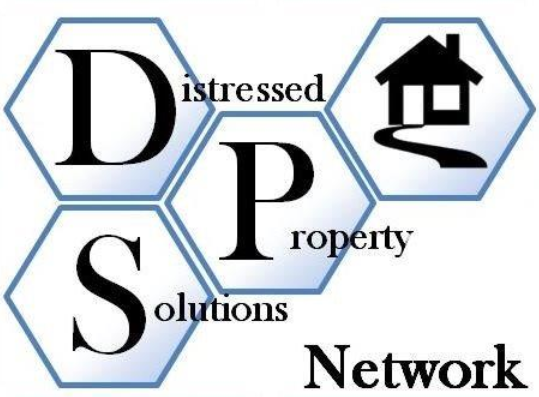Should You Represent Yourself in Foreclosure Defense?
.jpg)
If you are struggling to pay your mortgage, there are some things you can do on your own to avoid foreclosure or pursue another option. For example, you may be able to apply for a loan modification to make your payment more manageable or sell your home through a short sale with the help of a real estate agent. But fighting a foreclosure in court is not one of the procedures that lend itself to self-representation.
If you've lost work because of the coronavirus outbreak and fall behind on loan payments, loan modification could help you avoid default.

Loan modifications are most common for secured loans, such as mortgages, but you may also be able to modify other types of loans. That could include personal loans or student loans.
A loan modification can relieve some of the financial pressure you feel by lowering your monthly payments and stopping collection activity.
But loan modifications are not foolproof. They could increase the cost of your loan and add derogatory remarks to your credit report.
That doesn't mean you should avoid a loan modification. But before you jump at the chance, consider all the angles.
What Are the Benefits of a Loan Modification?
Loan modification can change one or more of the terms of your loan to provide relief if you are financially stressed by the coronavirus pandemic or otherwise. Modifications can include:
Reducing your interest rate
Changing a variable interest rate to a fixed one
Extending the term length
The extended loan term compensates the lender for the reduced interest rate or payment. So your 30-year mortgage might become a 40-year one, Broeker says.
But in exchange you'll get:
A reduced payment. If you can reduce your monthly payment, it could be just the relief you need to pull through tough times.
A chance to keep your home. Banks prefer to avoid foreclosure because it's an expensive process. The best outcome for the homeowner and the bank is a loan modification to make continued payments possible.



